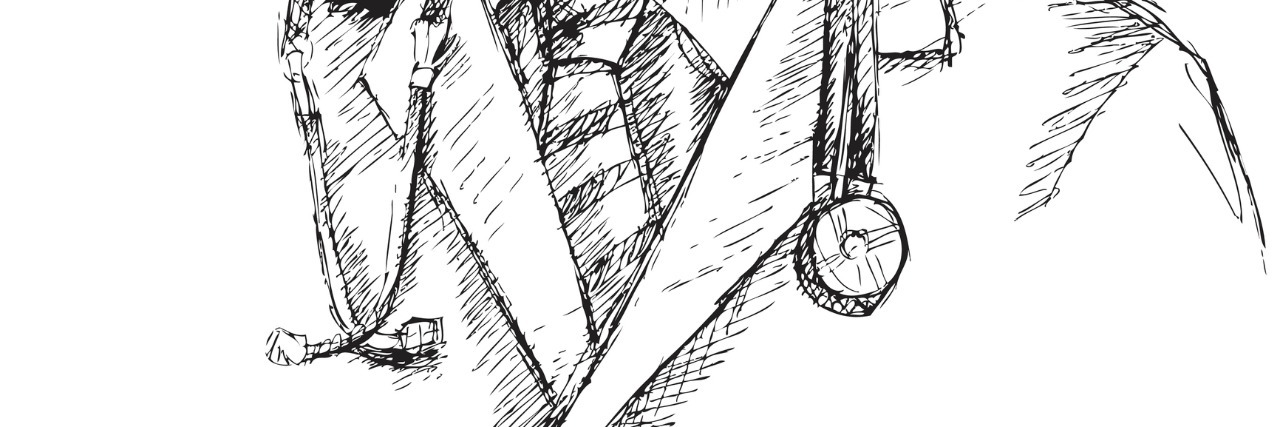What My Doctors Never Told Me About Complex Regional Pain Syndrome
I wish the doctors would talk about this more. I wish that there was more support and help. I wish that there was more understanding. Complex regional pain syndrome (CRPS) is an incredibly painful condition. It’s the most painful, according to the McGill Pain Scale.
The pain is 24/7. There is no stopping it, and the disease can spread during the years.
But as I said, CRPS causes more than just pain. CRPS causes depression and anxiety. And not just because of the life changes you have to deal with from the pain. It makes chemical changes in your brain that can lead to depression and anxiety, independent from your feelings about managing this life-altering condition. But the doctors don’t talk about that. Some treatments involve anti-depressants because they also have pain relieving properties, so the plus side is that it can also help the depression component. But people with CRPS need therapy as well.
CRPS also causes what is known as “brain fog.” The inability to think clearly at times. Difficulty choosing words, or even word-finding. Memory issues. Complex mental tasks can feel impossible. Mental focus to read a book may even be challenging. My doctor has never discussed any of this with me. Some of this may be caused by the medications taken to manage the pain, but some of this is known to be caused by the CRPS.
The never-ending fatigue. This can be the result of lack of sleep or poor quality sleep from the pain. Not to mention the effect of being in pain constantly. I’m always exhausted. I can rally and push myself to go out and do something social if I’m motivated and having a “good” day. But, I know that I will pay for it later with even greater fatigue (not to mention the increased pain level) when I return from the outing. However, it may be worth it for the mental and emotional boost I get from getting out of the house, seeing other people, changing my daily routine.
Programs that help people with CRPS need to deal with more than just the physical issues. I know that some also provide therapy. But there is still more to be addressed.
We want to hear your story. Become a Mighty contributor here.
Thinkstock Image By: Handini_Atmodiwiryo

